[Transcribed from a copy in Mr. Sinnett's handwriting — ED.]
Letter from K.H. Answering Queries. Received by A.O.H., July 9th, 1882.
(1) We understand that the man-bearing cycle of necessity of our solar system consists of thirteen objective globes, of which ours is the lowest, six above it in the ascending, and six in the descending cycle with a fourteenth world lower still than ours. Is this correct?
(1) The number is not quite correct. There are seven objective and seven subjective globes (I have been just permitted for the first time to give you the right figure), the worlds of causes and of effects. The former have our earth occupying the lower turning point where spirit-matter equilibrates. But do not trouble yourself to go into calculations

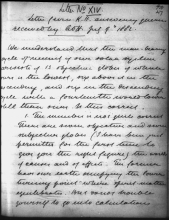
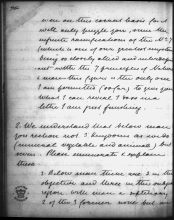
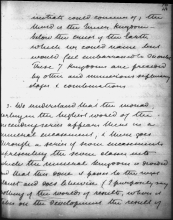
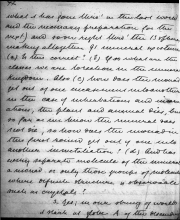
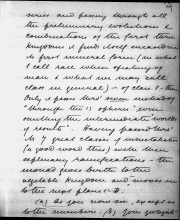
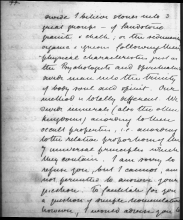
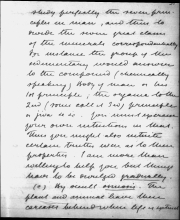
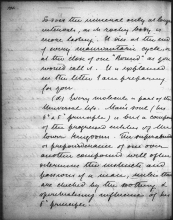

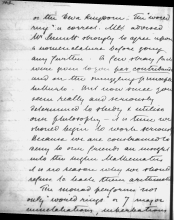

par contrebande - (Fr.) by smuggling